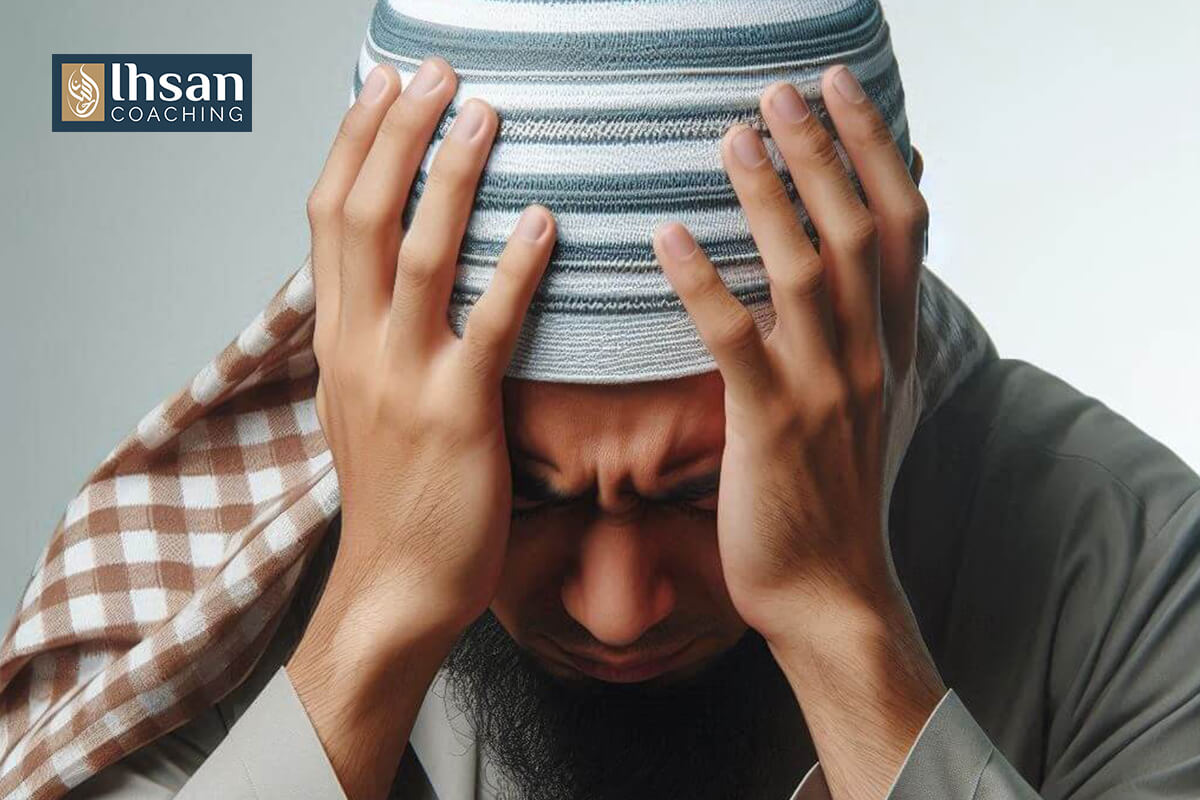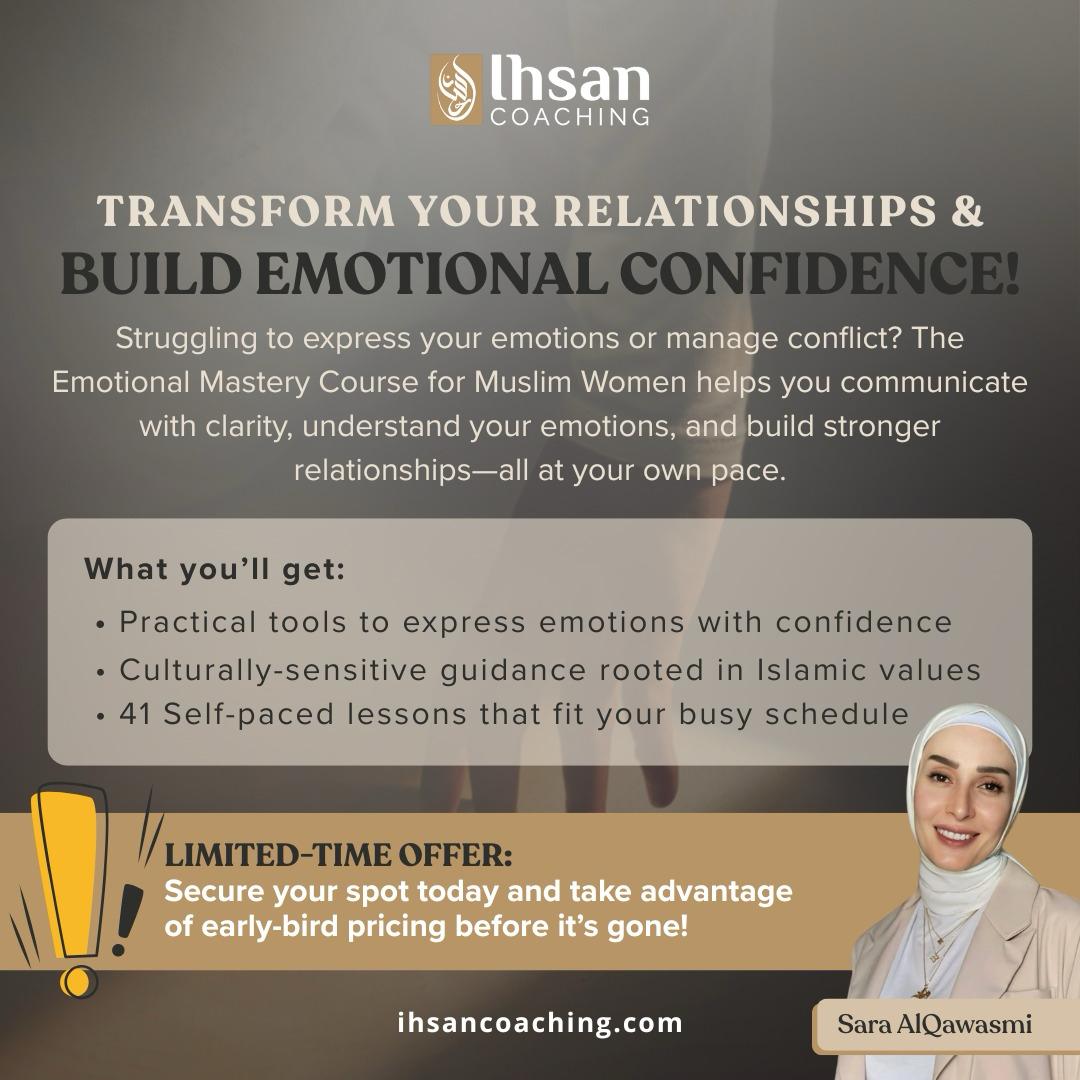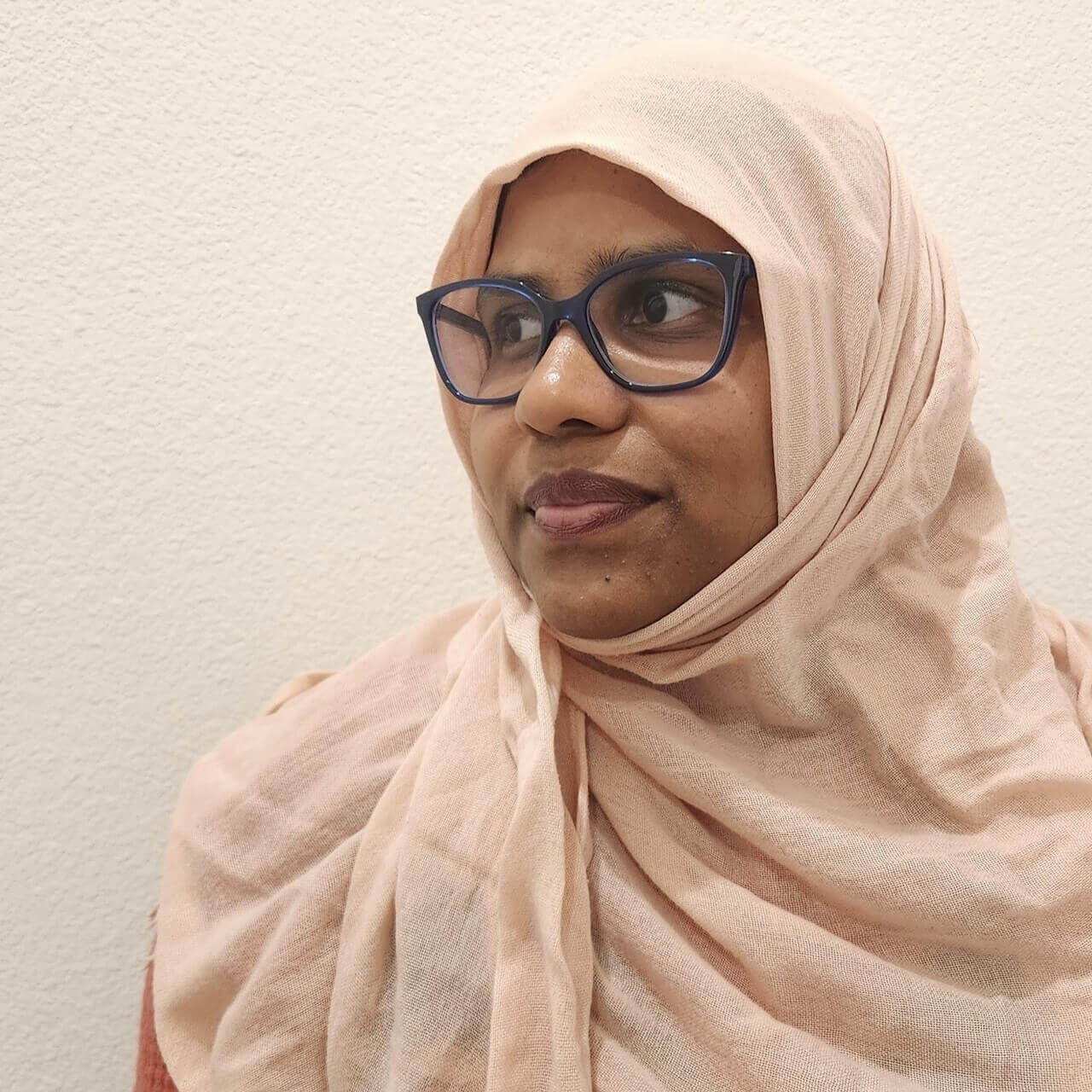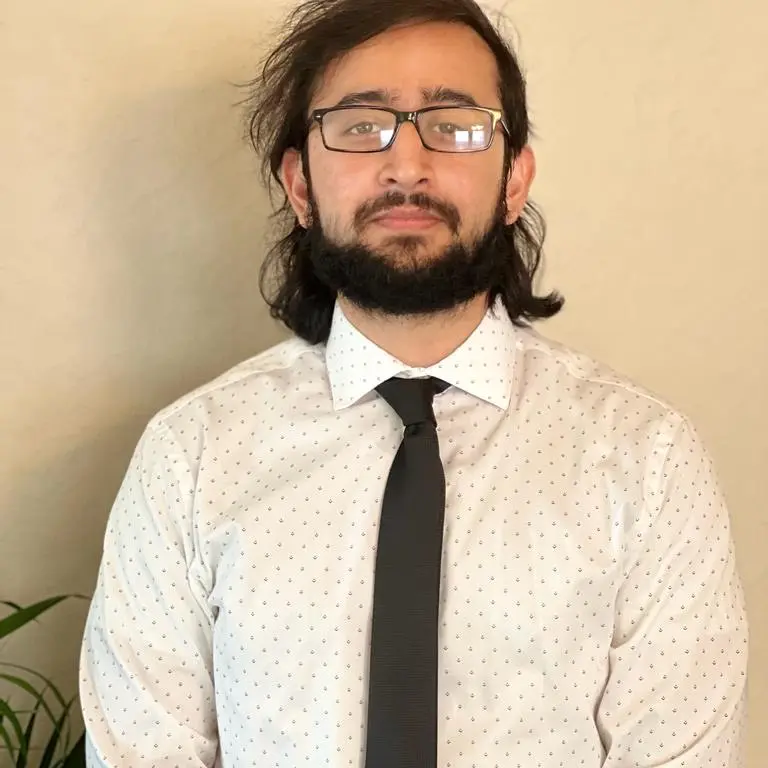By: Aasia Nadhira
If you or someone you know is experiencing thoughts of suicide, it is important to seek immediate help from a mental health professional or contact your local suicide prevention hotline. In the U.S., you can reach the National Suicide Prevention Lifeline at 1-800-273-TALK (8255) or simply dial 988 for the Suicide & Crisis Lifeline. Always consult a qualified professional for personalized support and guidance.

Suicide is a deeply painful and complex issue that affects individuals, families, and communities. In Islam, life is a precious gift from Allah (swt), and taking one’s own life is strictly prohibited. This article explores Islamic teachings and practical strategies for a life filled with purpose. Therefore, it is crucial to address the mental health struggles in the Muslim community that can lead a person to feel overwhelmed and hopeless. For Muslims, understanding suicide prevention from both a faith-based and psychological perspective can provide a path toward resilience and fortitude.
مِنْ أَجْلِ ذَٰلِكَ كَتَبْنَا عَلَىٰ بَنِىٓ إِسْرَٰٓءِيلَ أَنَّهُۥ مَن قَتَلَ نَفْسًۢا بِغَيْرِ نَفْسٍ أَوْ فَسَادٍۢ فِى ٱلْأَرْضِ فَكَأَنَّمَا قَتَلَ ٱلنَّاسَ جَمِيعًۭا وَمَنْ أَحْيَاهَا فَكَأَنَّمَآ أَحْيَا ٱلنَّاسَ جَمِيعًۭا ۚ وَلَقَدْ جَآءَتْهُمْ رُسُلُنَا بِٱلْبَيِّنَـٰتِ ثُمَّ إِنَّ كَثِيرًۭا مِّنْهُم بَعْدَ ذَٰلِكَ فِى ٱلْأَرْضِ لَمُسْرِفُونَ ٣٢
That is why We ordained for the Children of Israel that whoever takes a life—unless as a punishment for murder or mischief in the land—it will be as if they killed all of humanity; and whoever saves a life, it will be as if they saved all of humanity.˹Although˺ Our messengers already came to them with clear proofs, many of them still transgressed afterwards through the land. (Quran 5:32)
1. Recognizing our purpose
The Quran and Sunnah emphasize the value of this life created by Allah. Allah (SWT) says in the Quran:
وَلَا تَقْتُلُوا۟ ٱلنَّفْسَ ٱلَّتِى حَرَّمَ ٱللَّهُ إِلَّا بِٱلْحَقِّ ۗ
“And do not kill the soul which Allah has forbidden, except by right…” (Quran 17:33)
This verse highlights that our lives are entrusted to us by Allah, and it’s our responsibility to use it wisely. Understanding that our existence has an ordained purpose helps us frame our struggles in a broader, spiritual context. It also serves as a reminder that no hardship is too great for Allah’s Mercy and guidance.
2. The Role of Tawakkul (Trust in Allah)
One of the central pillars of Islamic faith is Tawakkul, or placing trust in Allah. Life’s challenges, whether emotional, financial, or social, can often seem unbearable. But Islam teaches us that Allah (SWT) is the ultimate Provider and Helper:
… مَن كَانَ يُؤْمِنُ بِٱللَّهِ وَٱلْيَوْمِ ٱلْـَٔاخِرِ ۚ وَمَن يَتَّقِ ٱللَّهَ يَجْعَل لَّهُۥ مَخْرَجًۭا ٢ وَيَرْزُقْهُ مِنْ حَيْثُ لَا يَحْتَسِبُ ۚ وَمَن يَتَوَكَّلْ عَلَى ٱللَّهِ فَهُوَ حَسْبُهُۥٓ ۚ إِنَّ ٱللَّهَ بَـٰلِغُ أَمْرِهِۦ ۚ قَدْ جَعَلَ ٱللَّهُ لِكُلِّ شَىْءٍۢ قَدْرًۭا ٣
And whosoever fears Allah… He will make a way for him to get out (from every difficulty). And He will provide him from (sources) he never could imagine And whoever puts their trust in Allah, then He ˹alone˺ is sufficient for them. Certainly Allah achieves His Will. Allah has already set a destiny for everything.” (Quran 65:2-3)
In times of despair, reminding oneself of Allah’s Wisdom and Mercy can bring comfort and help cultivate patience. It’s important to convey this message to anyone struggling with suicidal thoughts—that every hardship is temporary and Allah’s plan is always filled with wisdom.
3. Seeking Help
In the Prophet Muhammad’s (pbuh) time, the community was built on compassion and mutual support. Just as we turn to Allah (swt) for guidance, we should also turn to trusted individuals in our lives for help. Islam encourages seeking support from others and not bearing the weight of struggles alone.
The Prophet Muhammad (pbuh) said:
“The example of the believers in their affection, mercy, and compassion for each other is that of a body. When any limb aches, the whole body reacts with sleeplessness and fever.” (Sahih Muslim)
This hadith emphasizes that Muslims are interconnected, and when one of us is in pain, the entire community should respond with care and concern. Seeking help from mental health professionals, family members, or friends is an important step in preventing suicide. There is no shame in asking for help—Islam encourages it.
4. The Power of Dua
Dua (supplication) is a powerful tool in Islam. When someone is struggling with suicidal thoughts, making dua can serve as a way to connect with Allah (swt) and ask for strength and guidance. We know that Allah is always near and ready to respond to our prayers:
وَإِذَا سَأَلَكَ عِبَادِى عَنِّى فَإِنِّى قَرِيبٌ ۖ أُجِيبُ دَعْوَةَ ٱلدَّاعِ إِذَا دَعَانِ ۖ فَلْيَسْتَجِيبُوا۟ لِى وَلْيُؤْمِنُوا۟ بِى لَعَلَّهُمْ يَرْشُدُونَ ١٨٦
“And when My servants ask you concerning Me, indeed I am near. I respond to the invocation of the supplicant when he calls upon Me. So let them respond ˹with obedience˺ to Me and believe in Me, perhaps they will be guided ˹to the Right Way” (Quran 2:186)
Encouraging those who are struggling to make dua and seek solace through recitation of the Quran can bring tranquility to the heart.

5. Strengthening Community Bonds
A strong sense of community can play a significant role in suicide prevention. Islam emphasizes the importance of brotherhood and sisterhood, encouraging Muslims to care for one another. Regular involvement in the local mosque, Islamic events, and support groups fosters an environment where individuals feel supported.
In communities, organizing mental health workshops, creating open platforms for discussion, and raising awareness about suicide and mental health are vital steps. It’s crucial for Imams, community leaders, and families to destigmatize mental health issues, providing a safe space for individuals to express their struggles.
Suicide is a preventable tragedy, and through the teachings of Islam, we can offer support, hope and purpose to those who are struggling. By fostering open communication, offering religious support, and building strong community networks, we can save lives and strengthen our collective well-being.
May Allah (SWT) grant strength, peace, and healing to all those who are suffering, and may He guide us in supporting them with compassion and wisdom. Ameen.
About Aasia Nadhira:
Aasia Nadhira is a dedicated and compassionate mental health professional with a profound commitment to fostering healthy relationships within the Muslim community. Already holding a Master’s degree in Psychology from the University of Madras, Aasia is currently enhancing her expertise by pursuing a second Masters in Family Therapy from Touro University in California.
Read more about Aasia Nadhira




